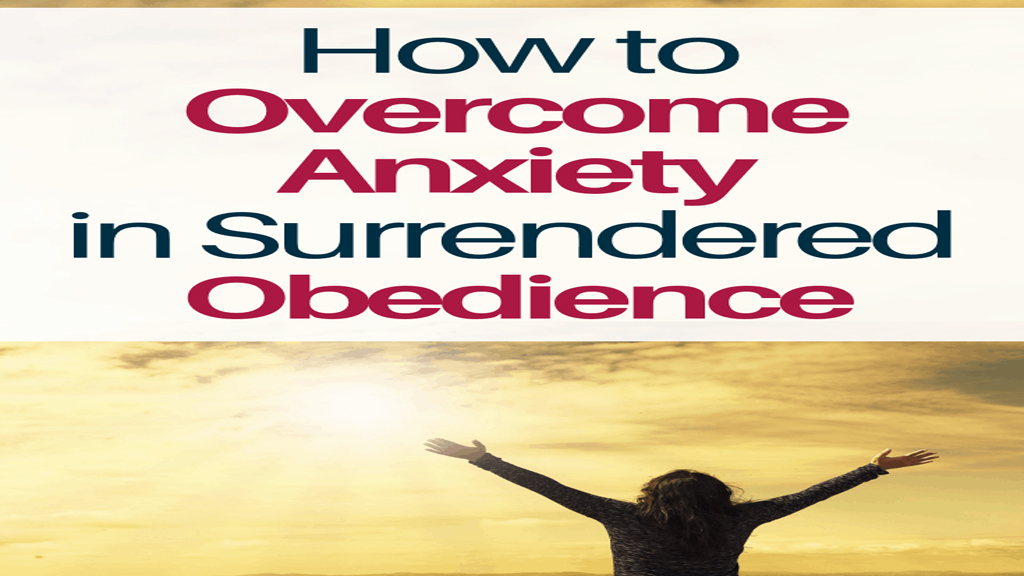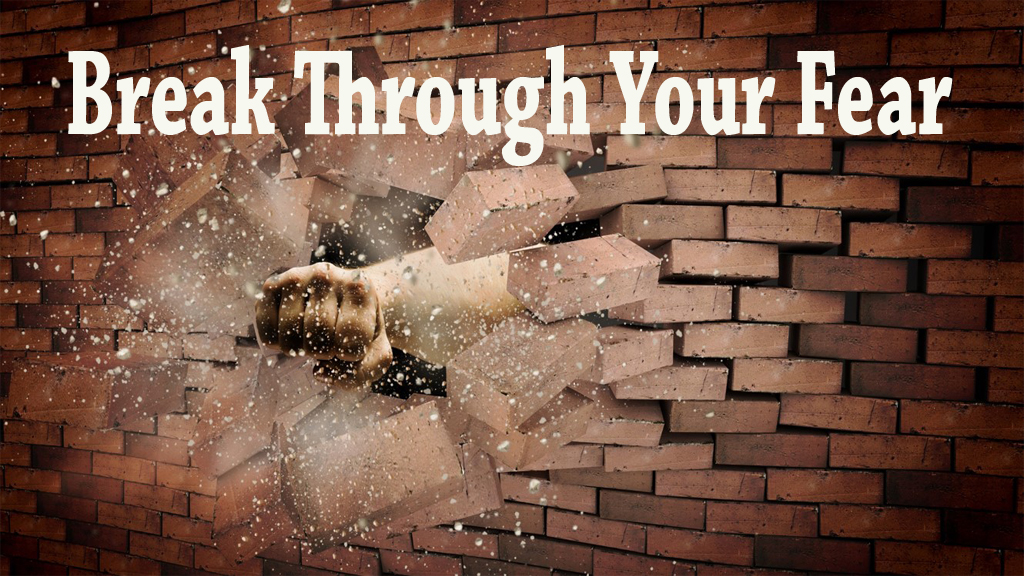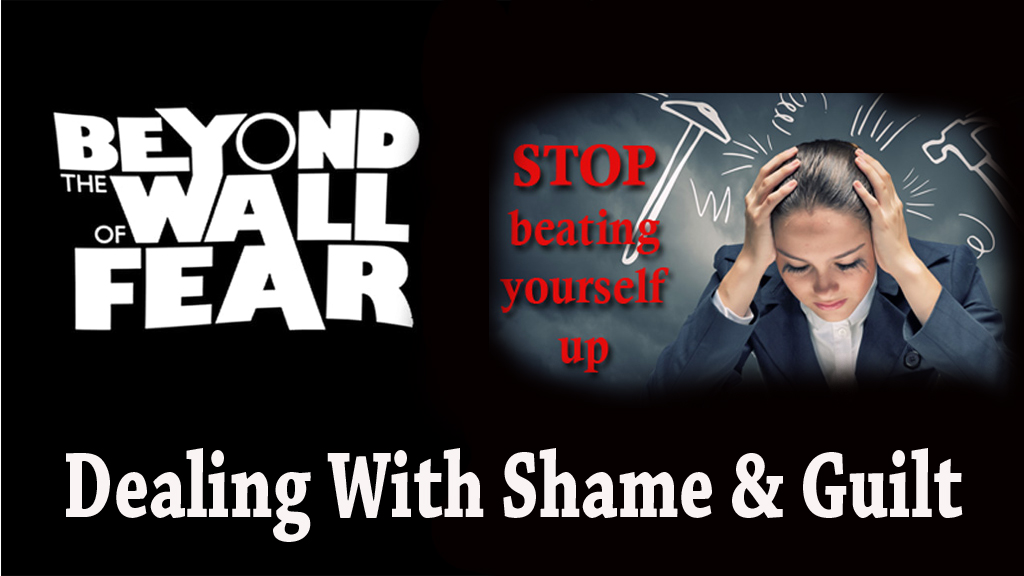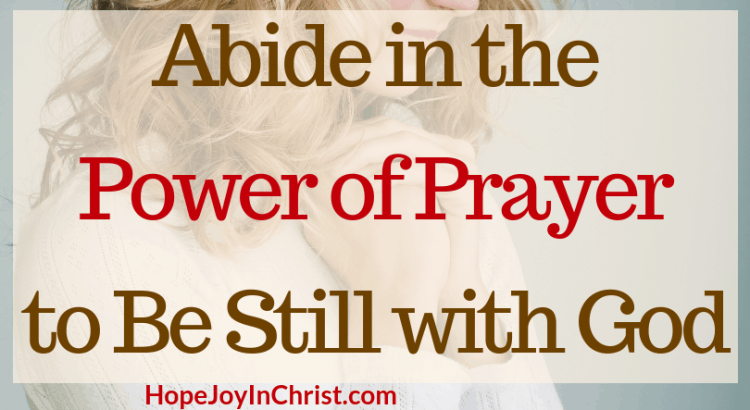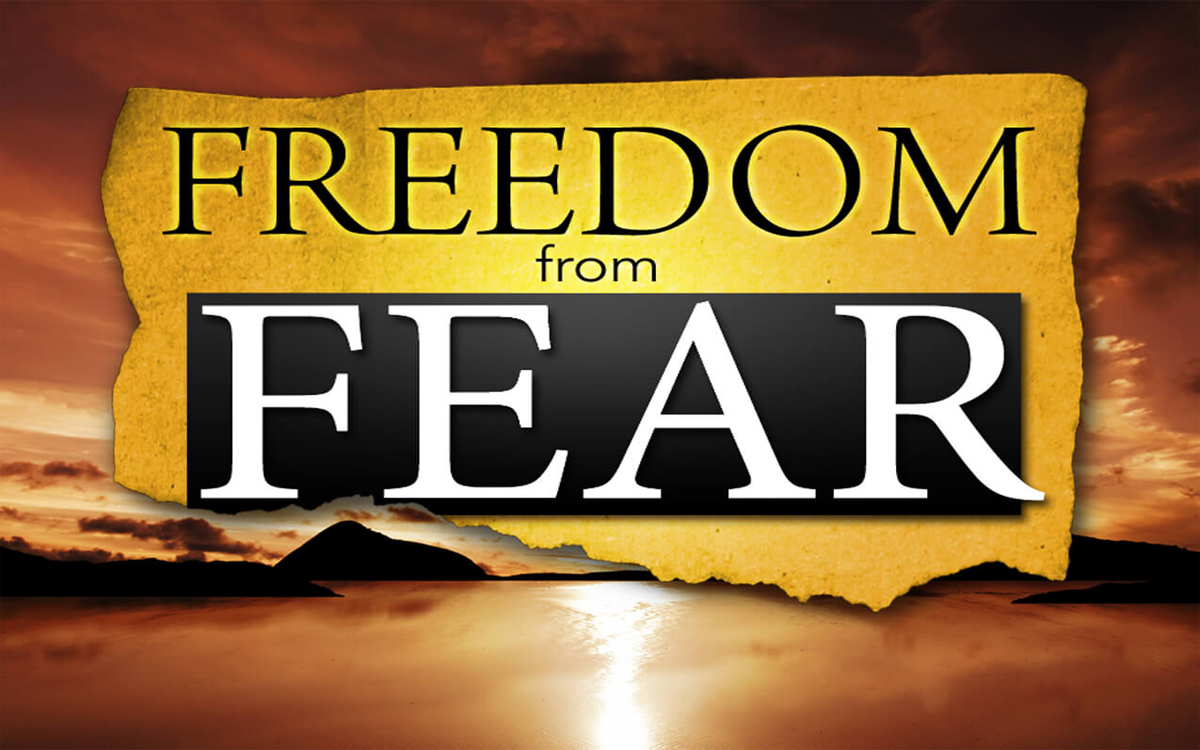You Do Not Have To Let This Control Your Life
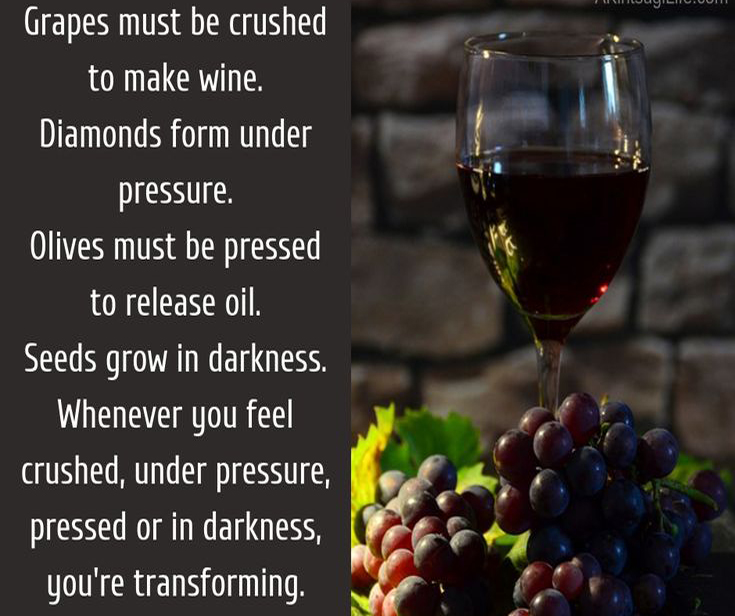
We are all transforming into something. Many times, that transformation is not a feel good process. The Truth is we must trust in the process. The only way we can trust is to know who or what is transforming us. In the situation below, Alcohol was transforming Jane into a person who she did not know or wanted to be anymore. Lucky for her she had friends and loved ones who intervened and helped stop a drug from being here higher power.
I met Jane (not her real name) because her husband insisted that she talk with me. He said she had a drinking problem. Of course, she thought he was crazy!
Jane was raised by a Menonite pastor. She was religious and she was also a good mother to her school-aged girls – except when she was drinking.
Jane said that she "loved" God and in some sense she did. But she enjoyed fine wine! When she talked about vintage wines her face lit up. She couldn't imagine a dinner party without wine! She loved to have her glass of wine to help her settle down and get to sleep at night, though she insisted that she could go without it.
Jane knew that sometimes she drank too much and so she tried not to do this. She felt like things were under control. But her husband said he was leaving if she didn't change.
Symptoms of Alcohol Dependence
I assessed Jane with "A-N A-D-D-I-C-T" screening test for addiction and it was clear that she had a significant dependence on alcohol:
- Over time her alcohol intake had been increasing
- She drank alone
- She used wine to deal with her stress
- There were conflicts in her family because of her drinking
- And she didn't think she had a problem ("Da Nile" isn't just a river in Egypt!)
Because of wine Jane's life had become out of control. But it wasn't until she got a DUI shortly after beginning treatment that she admitted that she had a problem.
I helped Jane to see that even though she said that Jesus was her Shepherd in her religious beliefs, wine was actually the shepherd of her heart beliefs. Jane said with David in Psalm 23, "The Lord is my shepherd I shall not want," but for the most part she didn't live that way. Emotionally, her higher power was alcohol.
Jane turned to God in church and in other "religious" situations, but in everyday life she relied on alcohol, not God. Even though alcohol didn't make her list of top life priorities the truth of the matter was that without actually intending to do so she had organized her life around alcohol:
- She turned to wine when she wanted to loosen up and have fun
- When she was bored she looked forward to her next drink
- In her free time she enjoyed reading about wines and became an expert on them
- She visited vineyards for her vacations
- She went to wine tastings whenever she could
- She always had a glass of wine to help her socialize without being self-conscious
Other Compulsive Behavior Problems
Probably either you relate to Jane's struggle or you know someone like her. Maybe the problem isn't with alcohol. Maybe it's another drug or compulsive behavior problem. Over the years since I've seen many different types of compulsive people. I myself have struggled with compulsiveness, along with many pastors, ministry leaders, who are also as human as you and Jane.
You probably don't think of yourself as an "addict" but you need to ask yourself: who or what do I rely on for my day-to-day well-being? How do I lift my spirits? Jane turned to alcohol. Maybe you do too. Or maybe you rely on speed, marijuana, or pain pills. Or maybe you have a more subtle compulsive behavior problem with…
- Sex
- Food
- Rescuing people
- Adrenaline
- Anger
- Workaholism
- Legalistic religion
- Over Spending
- Controlling Others
Whatever or whoever you rely on to stabilize, support, stimulate, or strengthen you will become your Higher Power. You'll begin to arrange your life around that person, substance, or activity. It will control you even when you thought you were controlling it. If your Higher Power is anyone or anything other than the Lord God then eventually it will destroy your life.
Addicted to Emotions
In reality compulsive behaviors are ways of making your SELF your Higher Power. They are ways to try to control your feelings. Addictions are disorders of the emotions. We misuse the object of our compulsion to feel better.
That's why in 12 Step recovery language we say that compulsive behavior is "acting out." An underlying emotion, like anger, anxiety, boredom, or loneliness is being acted out through drinking or another compulsion. The emotion is being denied; it's not being felt, owned and "talked out" with someone you trust and respect.
I heard a story about three fathers to be, one of which couldn't handle his emotions. Their wives were in labor, but they were too squeamish to be in the delivery room so they were in the waiting room.
The first nurse comes out and tells the first father, "Congratulations you're the father of twins!" He says, "Great! I am the manager for the Minnesota Twins."
The second nurse comes out and tells the second father, "Congratulations you're the father of triplets"! He says, "That's cool! I work for 3M."
Then the third father opens the window and jumps out.
The third nurse comes out, and asks, "Where's the third father?"
One of the other fathers said, "Oh he jumped out the window."
The nurse asks, "Why?"
"He works for Seven Up!"
Do I Need to Believe in a Higher Power?
You might be reading this article as someone who doesn't believe in God. Or you've tried God and something went wrong and now you're angry. The Big Book of AA talks about this in the chapter titled "We Agnostics." It urges us to keep an open mind about the possibility of there being a God who is good and loving.
The problem is that if you reject God then you're living in a void. And something is going to fill that void to become your god because everyone needs a Higher Power. And as we said above when you depend on anyone or anything other that God for your Higher Power you'll wind up in trouble sooner or later.
Step 1 of Alcoholics Anonymous' 12 Steps teaches us that when we try to run our own lives they eventually become "unmanageable." Human beings are creatures. We don't function well unless we submit to our Creator and live by his wisdom.
So Jesus Christ, the eternal Son of God, came from heaven to earth to say to us:
"Think again about your strategy for life in view of your opportunity to live in the Kingdom of the heavens now and forever" (Matthew 4:17, paraphrased).
God's kingdom is not just in heaven – it's right here, right now. The kingdom of God is throughout the heavens above us, all around us, and right down to the air we breathe. The kingdom of God is present wherever what God wants done is done. The kingdom of God is simply God in action – loving, governing, guiding, forgiving, giving life. It's real! It's glorious! It's life! The Kingdom Of God is right here inside of us!
We don't have to live our lives based on what we see and feel in our circumstances – we can learn to live our daily life from the resources of the kingdom of the heavens. We do this by learning to submit ourselves – each role, each activity, each thought – to Christ, the King who is kind, the Highest Power who came to us as a loving servant.
How Jane was Transformed
Probably you've heard Albert Einstein's famous definition of insanity: "Insanity is doing the same thing over and over again and expecting different results." Addiction is like that. We keep going for the quick fix to feel better, but end up in bigger trouble.
And then we think, "Well if I just try harder I can get my life together." That's crazy too! Trying harder is not sufficient to change. "Trying harder only gets us more of the same" is a wise dictum.
To make a real character change we need to go into training. That's what the 12 Steps are: a training program for life change.
I like to use the acronym "VIM" (as in living with "vim and vigor") VIM stands for Vision, Intention, and Means. To make any significant change in our life like learning a foreign language, getting out of debt, growing to be more compassionate, or overcoming an addiction we need to use VIM. Let me illustrate this by telling you how it helped Jane recovered from alcoholism…
Vision. Jane opened her heart anew to the Good News that putting her confidence in Christ Jesus could help her to get free of her alcoholism and to become a new person.
Intention. Of course, Jane had to wrestle with whether or not she really wanted to give up wine and rely on God to meet her needs. She had to work on the intentions of her heart.
I helped Jane to discover why she had made wine so central to her personality. She'd been using alcohol to deal with unwanted emotions like self-consciousness, boredom, loneliness, and anxiety. And she began to see how this was causing more problems like neglecting her children, arguing with her husband, missing work, waking up with headaches, and getting a DUI.
Realizing that wine was a bad shepherd and that Jesus was a Good Shepherd helped Jane to turn her will and her life over to Jesus as her Higher Power.
Means. As I said above, change doesn't just happen because you really, really want to change. It is not enough to try hard. You have to train. It's like using an exercise program to get in shape. (Yes, it's hard and painful at first, but if you train wisely and persevere then you gain strength and all of life gets easier and more enjoyable.)
- Jane participated in counseling and learned to feel her emotions and verbalize them, she found friends who understood and cared for her. She learned to "talk out" her emotions instead of "acting out" her emotions by drinking. She overcame the shame she felt over just having emotions and needs. And she grew to trust that God was caring for her through other people. She needed "Christ's Ambassadors" to help her, 2 Corinthians 5:20.)
- She joined an AA group and went through the 12 Steps with a sponsor.
Jane also use some spiritual disciplines to help her to "grow in God's grace" (1 Peter 3:18)…
- She memorized and meditated on Psalm 23 and she filled her mind with its healing images and transforming wisdom.
- About twice per month she fasted from solid food for up to 24-hours. And it helped her compulsive behavior to pray when she felt physically hungry during a fast. She prayed along these lines: "O Jesus, it's you and your love that I'm longing for, not food or wine."
- She formed a new habit of her heart that whenever she was tempted to drink instead of indulging the thought or desire she'd pray a line from the Psalm 63:3 in the Bible: "Your love, O Lord, is better than life." But she prayed it this way: "Your love, O Lord, is better than wine."
Prayer
Have you ever prayed like Jane prayed: "Your love, O Lord, is better than wine"?
Jane's addiction was to wine. What's your compulsion or life-controlling problem? How about praying: "Your love, O Lord, is better than _______."
Pause for a quiet moment right now. Who or what besides God have you been emotionally depending on?…
Remind yourself that God's love is better than that substance, activity, or person. Pray, "Your love, O Lord, is better than ________…"
Praying Psalm 63:3 in this way is the same as praying the opening line of Psalm 23: "The Lord Jesus is my Shepherd I shall not want ________."
The Good Shepherd of Psalm 23 is the best Higher Power! He alone can restore your soul to sanity. He will shepherd you in good ways if you turn your will and your life over to him, following his lead in all that you do. And he will coach you to use a good VIM training program for life change like as Jane did.
When Jesus is the one, we look to for transformation we will be transformed into something more beautiful than we can imagine. Yes, we may be under great pressure over a long time, or in darkness for a moment until all is revealed as the beauty of a diamond or the strength of a giant oak tree. It all hinges what we put our trust in.



